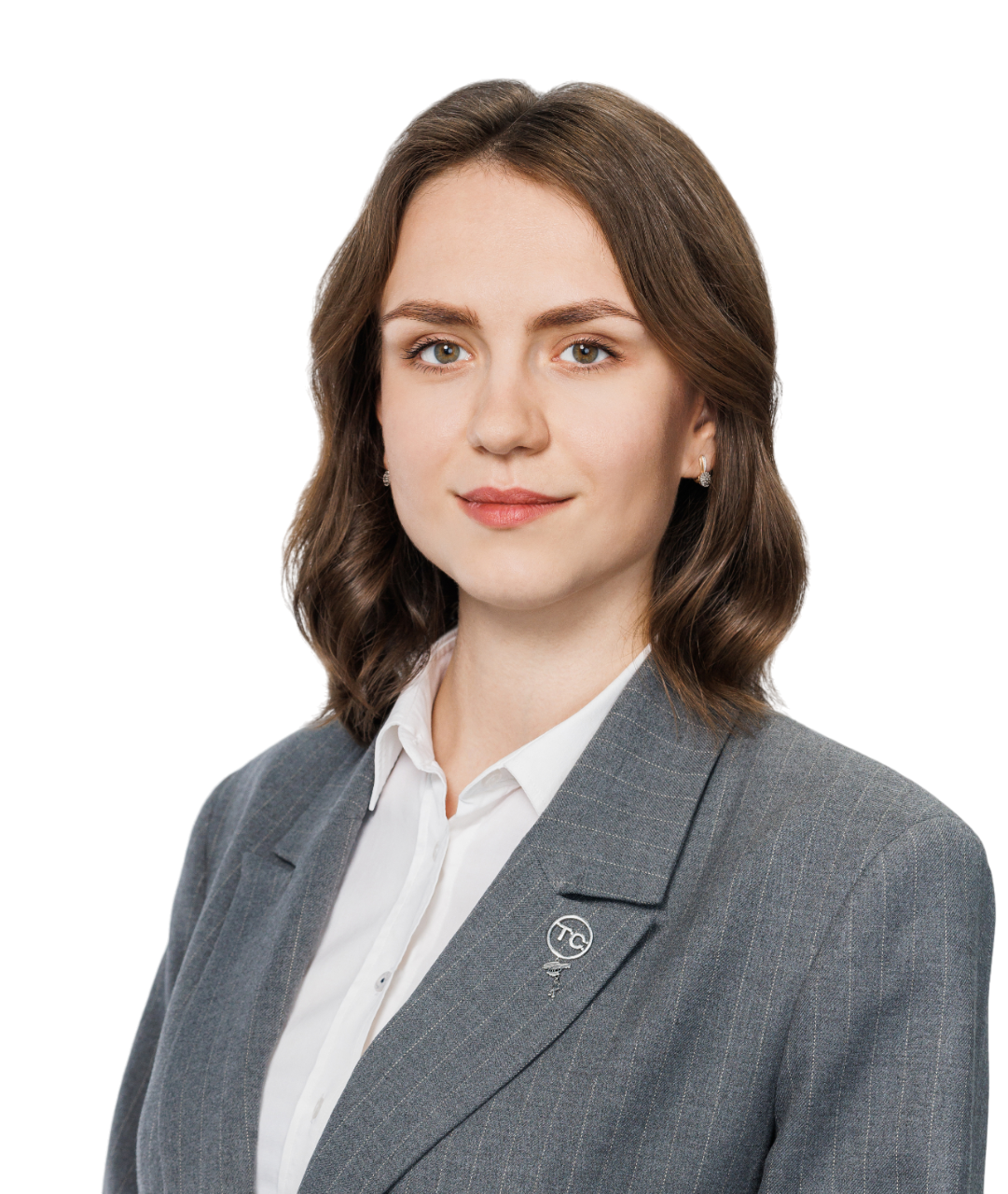The number of disputes on application of preferential VAT rates is growing in courts. In the cases of BETASID RUS LLC and Germain Seed Alliance Russ LLC, the inspectorate prohibited the use of the 10% «food» VAT rate for processed seeds because it considered them unfit for food. The Economic Collegium reminded the FTS that only the legislator has the right to establish the norms of the Tax Code and prohibited the state body from imposing additional restrictions.
Anastasia Arzhanova, Tax Compliance tax consultant, commented on the rulings of the Supreme Court of the Russian Federation in a Pravo.ru review and noted their importance for business.
Factual circumstances
LLC BETASEED RUS purchased sugar beet seeds (HS code: 1209100000) from the foreign company BETASEED GmbH, paying VAT at customs at the rate of 20%.
Subsequently, these seeds were sold by the company to various buyers - agro-firms on the territory of the Russian Federation. Since the sugar beet seeds were named in the list of OKPD 2 codes established by Government Decree No. 908, the company taxed the sale of these goods at a VAT rate of 10%.
In the opinion of the tax authority, the application of the reduced VAT rate is unlawful, since sugar beet seeds cannot be classified as food products - the seeds are dressed and cannot be consumed as food.
In the dispute of LLC «Germain Seed Alliance Russ» similar circumstances, as we have already written about earlier.
The main problematics of disputes
The disputes considered by the Supreme Court of the Russian Federation touch upon the problems related to the procedure for applying the reduced VAT rate of 10%. At the moment, the tax legislation and Resolution of the Government of the Russian Federation No. 908 establish only two mandatory conditions: (1) the indication of goods in item. 1 п. 2 of Article 164 of the Tax Code of the Russian Federation; (2) compliance of the code assigned to the goods with a specific code of the Eurasian Economic Union's TN VED and (or) OKPD 2 specified in the list approved by the Russian Government.
At the same time, law enforcement practice develops new criteria for applying the 10% VAT rate based on the interpretation of the law. In particular, analyzing the provisions of Article 164 of the Tax Code and Resolution No. 908 of the Government of the Russian Federation, the financial authorities and certain courts believe that the application of the reduced VAT rate also requires compliance with another mandatory condition - the goods sold must be food products by their purpose and use.
Tax legislation does contain an indication that VAT at the rate of 10% is levied on the sale of food products.
However, neither the tax legislation nor Resolution No. 908 of the Government of the Russian Federation contains a definition of «food products».
The note to the list of HS codes of the EAEU states that HS codes of the EAEU, except for some codes, including codes for seeds, fruits and spores for sowing, are applied exclusively to goods intended for food and feed purposes. This description coincides with the definition of «food products» specified in the Federal Law of 28.12.2009 No. 381-FZ «On the Basis of State Regulation of Trade Activity in the Russian Federation». At the same time, there is no similar note to the list of OKPD2 codes.
On this basis, it follows that, firstly, not all the codes specified in Resolution No. 908 of the Government of the Russian Federation are assigned to food products used for food purposes. The list includes food non-food goods, which in the process of growth and (or) processing are further transformed into food or feed products. Secondly, the list of OKPD 2 lacks any note explicitly stating that the said list applies exclusively to goods suitable for food.
Arbitrary interpretation of the legislation by the law enforcement authorities resulted in a situation of legal uncertainty, and many taxpayers were unexpectedly faced with similar claims by the tax authorities.
Importance of the Supreme Court rulings
In its ruling, the Supreme Court of the Russian Federation once again reminded about the principle of legal certainty, and also referred to the position of the Constitutional Court of the Russian Federation, expressed back in 2013, that all irremovable doubts, contradictions and ambiguities of acts of legislation on taxes and fees should be interpreted in favor of the taxpayer.
The position of the Supreme Court of the Russian Federation is that taxpayers should pay only legally established taxes and levies. The legislator in the Tax Code of the Russian Federation and Government Resolution No. 908 has expressly established that a rate of 10% applies to the sale of sugar beet seeds. At the same time, the legal regulation is definite and does not contain inaccuracies that allow for ambiguous interpretation. The tax legislation and Resolution No. 908 do not establish any additional conditions for the application of the 10% VAT rate for the sale of goods in the territory of the Russian Federation and do not require that the goods in question be used (consumed) directly for food or fodder purposes.
In fact, by establishing a new criterion for the application of the 10% VAT rate (goods must be used for food purposes), the tax authority arbitrarily changes the legislation, which is inconsistent with the principles of trust in the law and the actions of the state.
With regard to the reference by lower courts to the note to the list of codes of the EEU's TN VED that the codes specified in the list apply exclusively to goods intended for use for food and feed purposes, the Supreme Court of the Russian Federation pointed out that it was in fact necessary to separate the lists of codes of the EEU's TN VED and OKPD2. The Note refers specifically to the List of the EEU HS, which concerns the application of a reduced rate when importing goods into the customs territory of the Russian Federation. In the case under consideration, the issue concerns the application of a reduced tax rate when goods are sold in the territory of the Russian Federation, and there is no similar note to the list of OKPD2 codes.
The decision of the Supreme Court of the Russian Federation is significant for practice, as it once again emphasizes the inadmissibility of arbitrary interpretation of tax legislation by law enforcement authorities. This position is relevant not only for the category of disputes under consideration, but can be used by taxpayers in other situations when the tax authorities allow an expansive interpretation of the law in their favor.
Impact of the rulings on practice
The position of the Supreme Court of the Russian Federation will «simplify» the process of applying the reduced VAT rate for many taxpayers selling non-food products. The Supreme Court of the Russian Federation confirmed that it is sufficient for taxpayers to determine whether the goods are named in Article 164 of the Tax Code of the Russian Federation and whether they are assigned the code specified in the list of the Government of the Russian Federation. It should be noted that in practice it is precisely such formal criteria that should be applied. In fact, a taxpayer does not have to analyze whether goods are foodstuffs for the purposes of applying a reduced VAT rate if the legislator has independently defined them as such by placing them on a list.
Popular
- 20.05.2025
- 20.05.2025
- 19.05.2025
- 19.05.2025
- 18.05.2025


